In a move aimed at tackling the growing mental health crisis, primary care providers in the United States are being urged for anxiety screening during checkups.
Implementing Anxiety Screening During Checkups In the USA
The influential U.S. Preventive Services Task Force has published new recommendations, emphasizing the need for anxiety screening as part of standard practice for asymptomatic adults aged 19 to 64, including pregnant and postpartum individuals.
This proactive approach aims to identify undiagnosed anxiety disorders, which often go unnoticed by patients.
By recognizing and addressing anxiety earlier, healthcare professionals hope to improve prognosis and provide timely treatment.
Read more here: International Yoga Day 2023: Try These 3 Poses For Enhancing Fertility Through Yoga
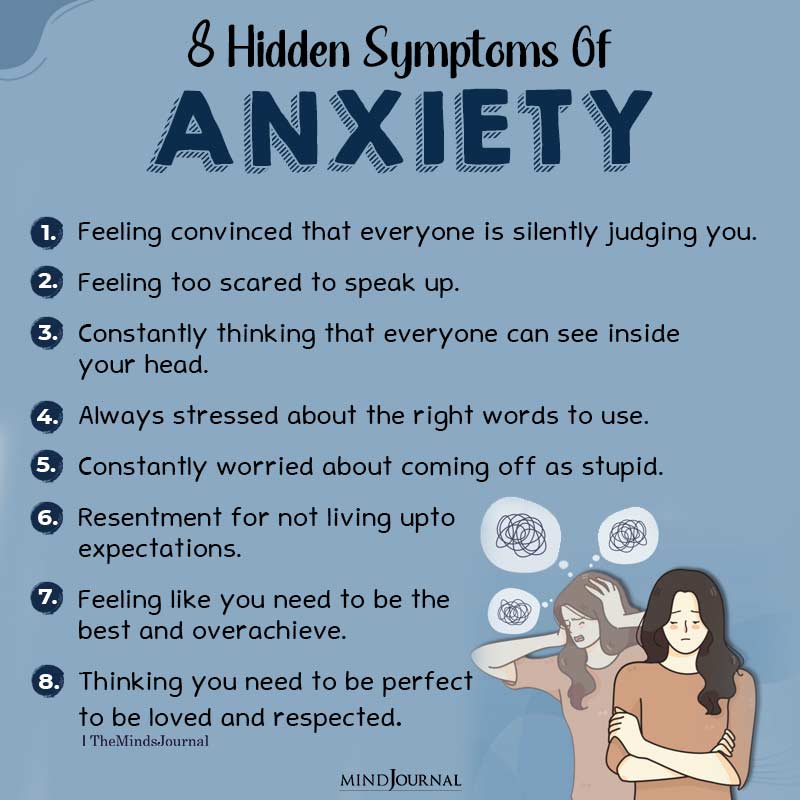
Rising Concerns About Mental Health
Depression, anxiety, and suicide rates have become increasingly worrisome, prompting the task force to make anxiety screening recommendations.
Recent data shows that approximately 19% of U.S. adults experienced anxiety disorders within the past year, with an estimated 31% experiencing them at some point in their lives.
However, the stigma surrounding mental health often prevents patients from discussing their symptoms with their primary care providers.
Identifying The Hidden Signs Of Anxiety:
Anxiety disorders manifest in various ways, making them difficult for individuals to recognize on their own.
Physical symptoms, somatic complaints, gastrointestinal issues, pain, sleep disturbances, and even limited life experiences can all be signs of underlying anxiety.
By implementing screening tools such as questionnaires, clinicians can better assess patients and identify potential anxiety disorders that may have gone undiagnosed for years.
Early detection and treatment of anxiety disorders can lead to improved outcomes for patients.
Primary care providers can prescribe medications like selective serotonin reuptake inhibitors (SSRIs), while non-medication therapies such as psychotherapy offer effective alternatives.
Referrals to therapists, including social workers, counselors, and psychologists, ensure that patients receive appropriate care based on their individual needs.
Additionally, patients who screen positive for anxiety should also be evaluated for depression and suicide risk, as these conditions often coexist.
Read more here: Is Loneliness Linked To Early Death? Study Finds Disturbing Psychological Impact Of Social Isolation
Addressing Mental Health Resource Shortages
The new guidelines serve as a stepping stone to tackling the existing shortage of mental health resources.
Measures like loan relief for students pursuing mental health professions and improved reimbursement from insurance companies for mental health care could help increase access to services.
By making anxiety screening a routine part of primary care, clinicians hope to identify individuals earlier and reduce the burden on the mental healthcare system in the long run.
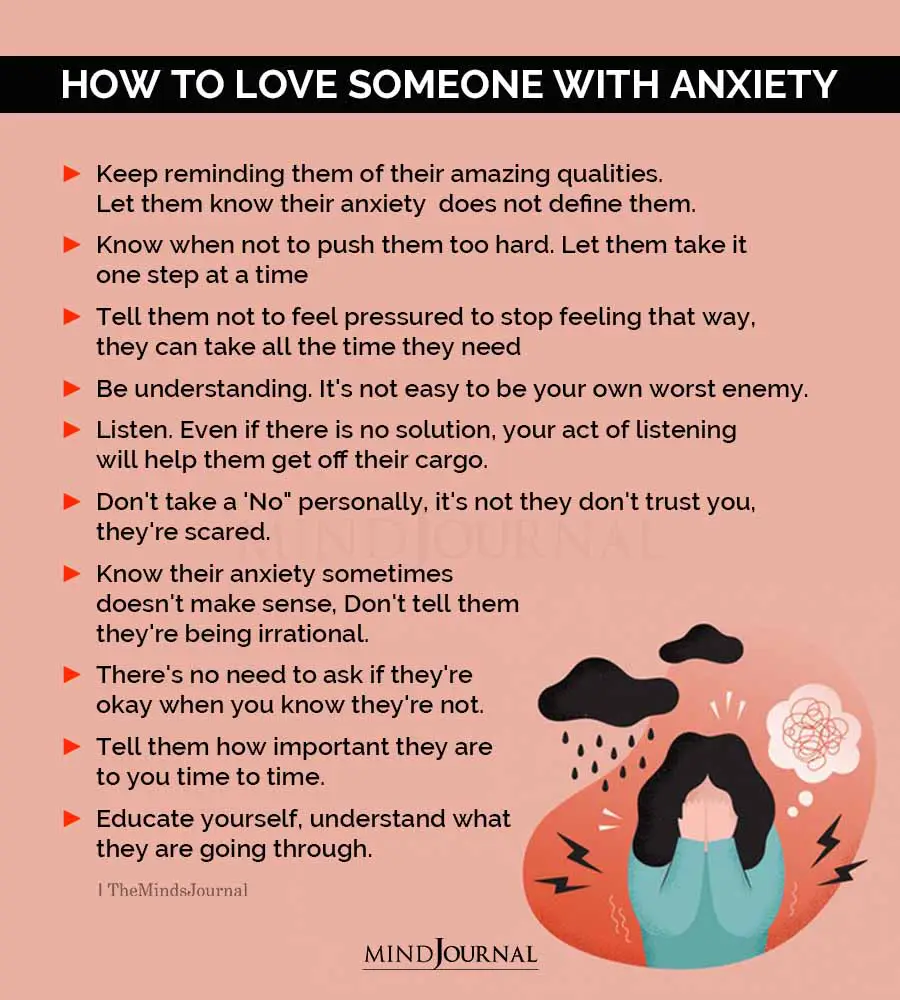
Balance Between Medication And Therapy
While medications like SSRIs can be helpful, reliance on medication alone may not provide a lasting solution.
Patients may experience a recurrence of symptoms once they stop taking the medication. This highlights the importance of incorporating psychotherapy into treatment plans.
However, primary care physicians are limited in prescribing medication, which may create a bottleneck in the system. It is crucial to strike a balance between medication and therapy to ensure comprehensive care for anxiety patients.
Read more here: Cara Delevingne Speaks Out About Being Sober And Facing The Demons Of Her Anxiety
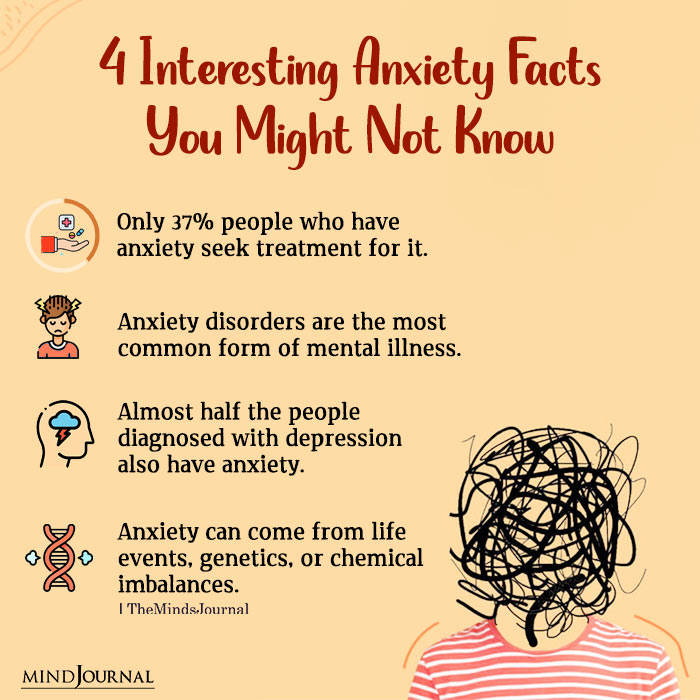
Recognizing The Complexity of Anxiety
Anxiety disorders should not be overdiagnosed, as anxiety is a normal response to various stress-inducing circumstances.
Factors such as racism and discrimination can trigger higher levels of anxiety, particularly in communities of color.
Therefore, it is essential to consider the continuum of anxiety symptoms and provide appropriate care based on the severity and impact on an individual’s life.
Additionally, ongoing research is needed to determine the benefits and risks of screening for suicide risk among individuals with anxiety disorders.
The updated recommendations from the U.S. Preventive Services Task Force aim to address the mental health crisis by encouraging primary care providers to screen for anxiety disorders during checkups.
By identifying undiagnosed anxiety and providing timely treatment, healthcare professionals hope to improve patient outcomes and alleviate the burden on the mental healthcare system.
A comprehensive approach that includes medication and therapy can help individuals with anxiety disorders lead fulfilling lives.
With increased access to mental health resources and a better understanding of anxiety’s complexities, patients can receive the support they need for optimal well-being.
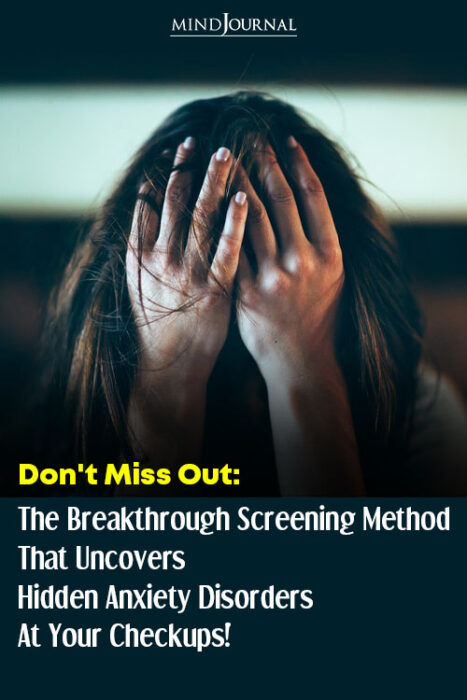
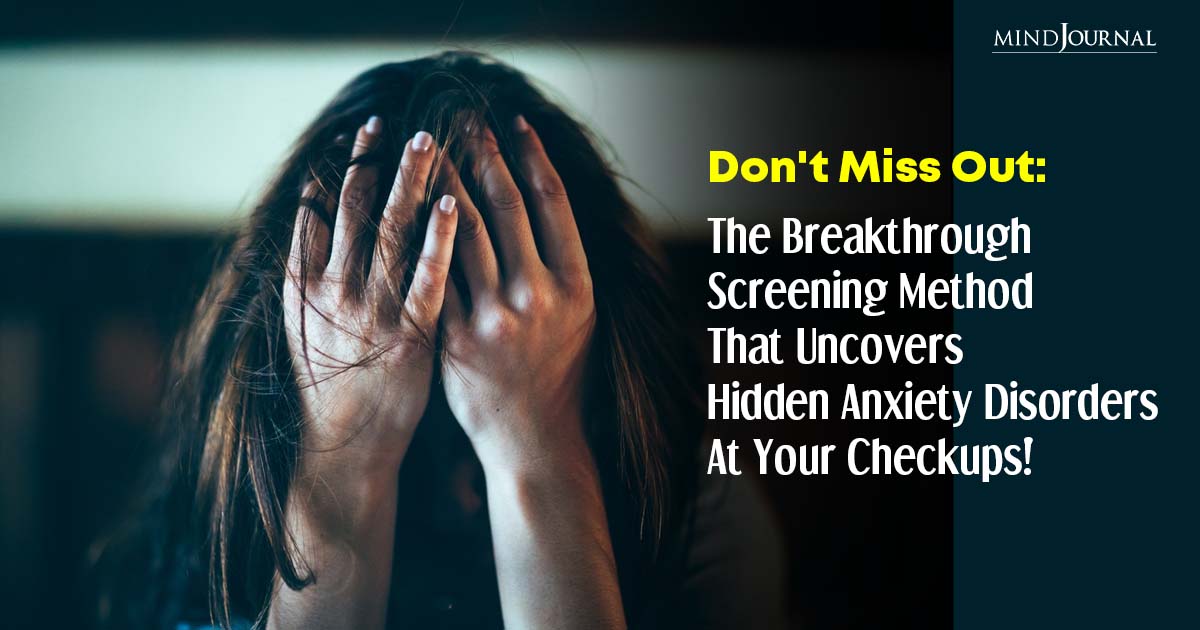







Leave a Reply
You must be logged in to post a comment.